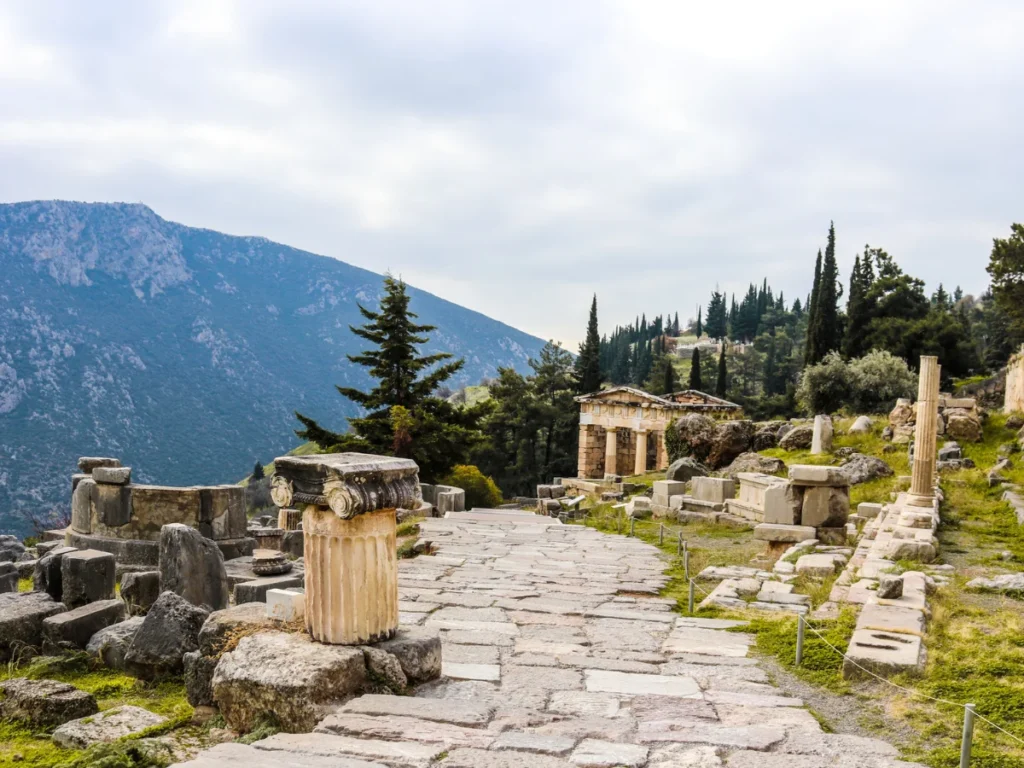The greek goddess Hera
The greek goddess Hera was a prominent figure in Greek mythology and emerged from the tumultuous lineage of Titans as queen of the gods. Her marriage to Zeus symbolized power and matrimony, while her peacock-adorned presence exuded regality. As the protector of marriage and childbirth, she held a pivotal role in mortal lives. Hera’s dynamic persona, marked by struggles and resilience, embodies both strength and vulnerability, leaving an enduring legacy in the tapestry of ancient Greek lore.

The greek goddess Hera
Queen of Olympus and Divine Maternity
Hera, a central figure in ancient Greek mythology, holds a multifaceted role as both queen of the gods and a powerful deity in her own right. Born to Cronus and Rhea, she emerged from the lineage of Titans, embroiled in the celestial struggles that shaped the cosmos.
Her Origins and Significance
Hera’s birth took place amidst the turmoil of her father Cronus devouring his own offspring to maintain his dominion. Hera’s survival marked her destined role as a pivotal figure in the pantheon. Her marriage to Zeus elevated her status as queen of the gods, becoming an embodiment of matrimony and familial bonds. With her emblematic peacock and diadem, she personified regality and power.
Protector of Marriage and Childbirth
Hera’s domain extended over marriage and childbirth, casting her as the divine guardian of these pivotal aspects of mortal life. Her influence over unions was reflected in her role in weddings and her watchful eye over fidelity. As a maternal figure, her blessings were sought for safe childbirth, weaving her into the intimate fabric of human existence.
Struggles and Attributes
Hera’s divine journey wasn’t without challenges, marked by Zeus’ infidelity and the ensuing conflicts. Her jealousy and wrath often sparked tensions, causing tempestuous events and immortal feuds. Yet, her resilience and regal demeanor endured, making her an archetype of strength in adversity.
Conclusion
Hera’s story weaves through the grand tapestry of Greek mythology, embodying the complexities of power, marriage, and maternal care. As the queen of the gods, her essence resonates through the tales of gods and mortals, revealing a deity both formidable and compassionate, leaving an indelible mark on the ancient Greek narrative.
